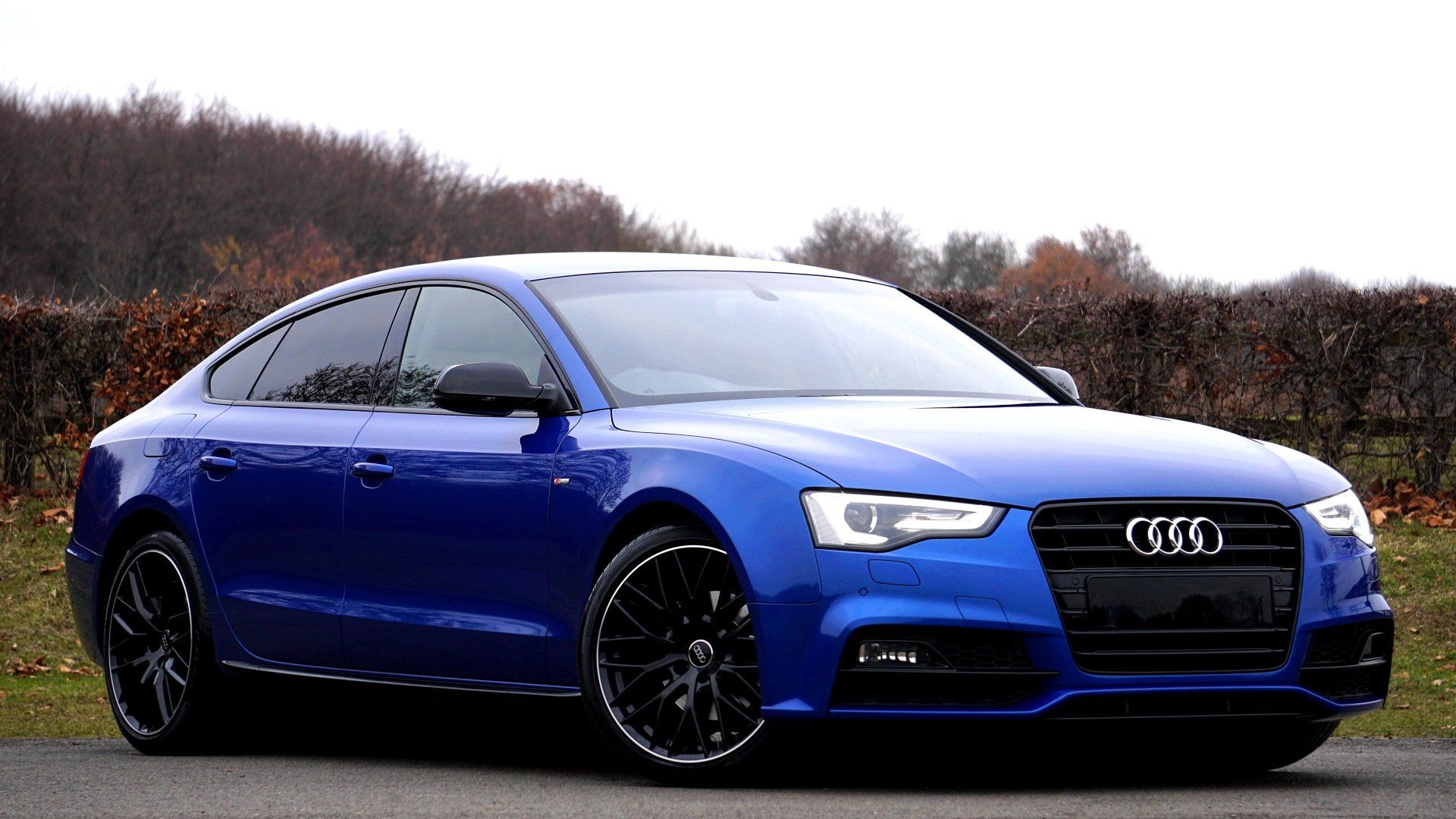
If you’ve recently bought or are thinking about buying a car, then that means a Lien might be involved in the process. But what is a Lien? Is it a good thing or a bad thing? Is it something you want to avoid or something unavoidable? This article will tell you all you need to know.
What Is a Lien?
When you buy a car with debt, meaning you’re taking out a loan to buy the car, then the lender will take a lien against the car. They do this as a form of collateral or damage control, if you don’t pay the loans that are due, they have the right to repossess the car instead.
That’s fairly standard though, if you don’t pay your loan payments the car gets repossessed. What makes liens important to know about is that they don’t go away when you sell the car.
Shopping for used cars is when liens become really important, because along with buying a car, you may be buying debt too, which if you fail to pay may end with the car being repossessed as well, even though you’re not the person who made the original deal.
How To Know If a Car Has Any Liens
Well the good news is that if you’re shopping from a dealership they are legally required to pay off any liens before they sell the car, shopping privately though, that’s a different story.
Technically it should be the owners responsibility to tell you about any outstanding Liens, but when people are trying to sell a car quickly they might leave out important details. What you can do to be sure is get a vehicle history report from somewhere like CARFAX. A report will show any outstanding Liens on the car from any province, as long as the vehicle is registered.
If it’s not registered that’s a whole different story, but if it has any liens that’s not the end of the world, you just need to deal with them if you really want the car.
How to Deal With Liens
With that report you should also be able to find out who the lien is registered to and how much it’s worth. And with that knowledge you should be able to pay it off yourself as long as you get the required paperwork from the seller, you should obviously negotiate to have that factored into the price you’re buying at.
If possible you want documentation to prove that the Lien has been cleared, paper proof is always a good thing to keep around.